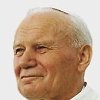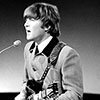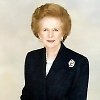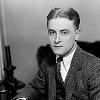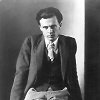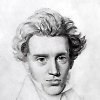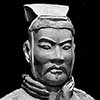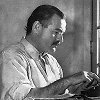Quote of the day
No illusion is more crucial than the illusion that great success and huge money buy you immunity from the common ills of mankind, such as cars that won't start.
Karl E. Weick

Born: October 31, 1936 (age 89)
Bio: Karl Edward Weick is an American organizational theorist who introduced the concepts of "loose coupling", "mindfulness", and "sensemaking" into organizational studies.
Known for:
- Sensemaking in organizations (1988)
- Managing the unexpected (2001)
- The social psychology of organizing (1969)
- Making Sense of the Organization (2001)
Most used words:
